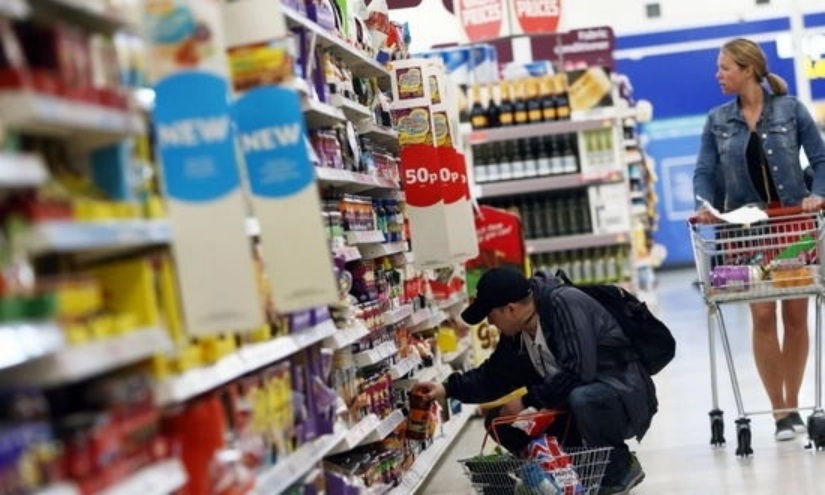
After a long period of pandemic gloom, the global economy is struggling to find the rhythm of recovery. However, not all melodies are upward melodies. Recently, a data released by the United Kingdom has attracted a lot of attention in the market - in April 2024, British retail sales fell month-on-month, which is not only worrying, but also raises new questions about the road to economic recovery.
Before we look at this phenomenon, let's review the background. Britain, a former empire, has one of the most advanced economies in the world. Its retail sector, an important part of the national economy, has long been an important indicator of economic health. However, since the outbreak of the epidemic, the UK's retail industry has suffered an unprecedented impact. The lockdown has left brick-and-mortar stores empty, and online shopping has grown, but overall, consumers' purchasing power and desire have been greatly curtailed.
Heading into 2021, a rapid economic rebound is widely expected as vaccinations advance and lockdowns are gradually lifted. To a certain extent, the backlash has been there. But retail sales figures for April suggest the rebound has not been as strong as hoped. The month-on-month decline is like a wake-up call that the road to recovery is far from smooth.
So, what causes this phenomenon? First, we must recognize that the impact of the outbreak is far-reaching. Although vaccination has brought hope to people, the recurrence of outbreaks and the emergence of mutated viruses still make people uncertain about the future. This uncertainty directly affects consumers' consumption behavior, and many people choose a more cautious consumption attitude to deal with possible risks.
Secondly, the change in the trade environment after Brexit is also a factor that cannot be ignored. Brexit means a fundamental change in the UK's trading relationship with other EU countries, which will not only affect the cost and efficiency of the movement of goods, but also have an impact on companies' supply chains. In this context, retailers are facing the double pressure of rising costs and profit compression, which will undoubtedly affect their sales strategy and sales performance.
Then there is the question of consumer confidence. Despite a series of government stimulus policies, rising unemployment, income instability and other factors are eroding consumer confidence. Consumers without confidence are like the body that has lost its soul, and their buying behavior will naturally become conservative and negative.
Faced with such a dilemma, the British government and retailers need to take stronger measures to deal with it. The government can reduce the burden on enterprises by lowering tax rates and providing subsidies, and at the same time increase support for small and medium-sized enterprises to help them tide over difficulties. Retailers need to pay more attention to consumers' needs and win consumers' trust and support by providing quality products and services.
Overall, the month-on-month fall in UK retail sales in April is a signal to ponder. It is not just a number change, but also a profound reflection on the current economic situation. In this process, what we need is not panic and pessimism, but calmness and rationality. Only in this way can we find the root cause of the problem and work out effective countermeasures to promote the sustained and healthy development of the economy.

Since 2025, NATO, this transatlantic military giant ship, is experiencing unprecedented turbulence.
Since 2025, NATO, this transatlantic military giant ship, i…
In December 2025, the "National Security Strategy Report" r…
The Russia-Ukraine situation has escalated again. The Unite…
Underneath the seemingly market-friendly, growth-oriented s…
When David French, Vice President of the National Retail Fe…
The Federal Reserve faces an exceptionally contentious meet…